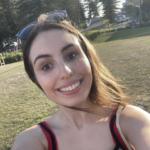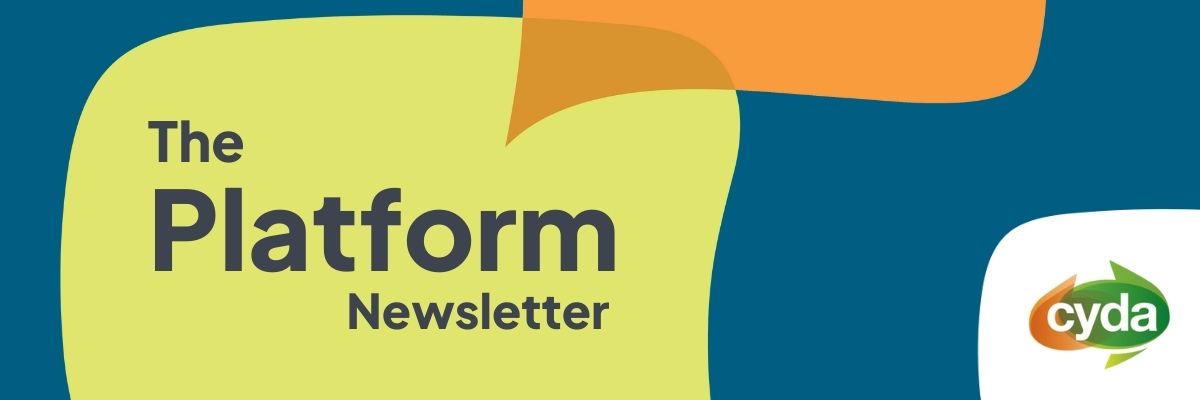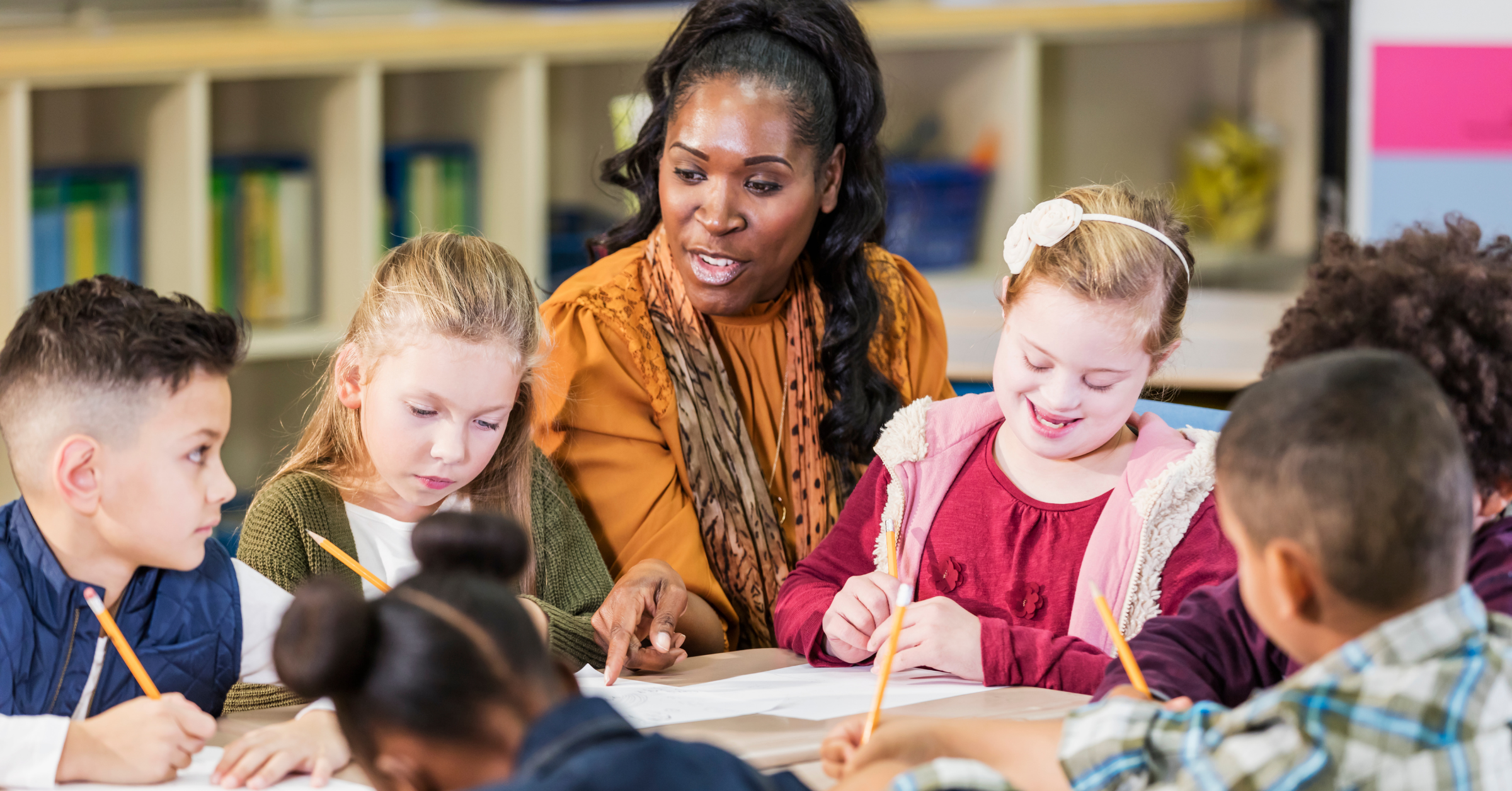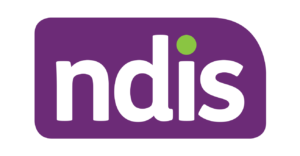At its heart, it's the people
Nicola DiBona writes about the teachers who helped and hindered her education journey, and shares a poem about her experience.
The greatest strength of the Australian education system is its people. Ironically, I’d also posit people are its greatest weakness.
There are some teachers and support staff from my time at school I’ll never be able to adequately express my gratitude towards.
In Year 2, I was fortunate enough to have a phenomenal teacher’s aide. I can genuinely say, without any hint of exaggeration or hyperbole, that she is one of the best people I’ve ever met.
She positively changed the course of my life more than words can convey. Over countless hours, she painstakingly crafted personalised social stories and scripts, deftly imparted a wealth of social skills, and devised strategies to help soothe sensory overload.
Her impact was indelible because she saw and treated me as a human, as someone whole who wasn’t defective or ‘less than’ for being disabled.
She didn’t care about making me ‘normal’ or the same as everyone else, nor did she attempt to eradicate my individuality; she wanted to help me thrive.
While some nurture and embrace all students, disabled or not, others despise differences and try to enforce a narrow, unattainable standard of ‘success’ that hinges on mindless conformity.
Unfortunately, I came across some teachers from this latter group as well. Teachers who were discriminatory, spiteful, and at times actively inflicting emotional damage.
Many of those teachers were openly opposed to including ‘different’ students. Here ‘different’ isn’t code for disruptive, contemptuous, or disrespectful.
I was the dyspraxic girl who tried her best in sport only to be taunted not by her peers, but by her teachers; the student who excelled academically but whose teachers mocked her poor handwriting instead of recognising her strengths; the avid writer whose teacher melodramatically ridiculed her work in a manner that was frighteningly indistinguishable from that scene in Pink Floyd – The Wall in which a cartoonishly cruel teacher pillories his student’s poem.
These teachers resented the inclusion of ‘different’ students, and the scapegoating of me and others was the collateral damage of their hateful, exclusionary perspectives. I was an alien to them, rather than a child.
In Year 6, many of my peers performed funny, age-appropriate skits at a recital. I chose Shakespeare’s “Hath not a Jew eyes?”, not to be pretentious but because of its inordinate congruence with my life. As Shylock mused, “Hath not a Jew hands, organs, dimensions, senses, affections, passions…If you prick us do we not bleed? If you tickle us do we not laugh?”
Some other teachers, while less vitriolic, overlooked and neglected me as a well-behaved disabled student. I struggled immensely not due to a lack of accommodations but rather a lack of basic empathy, humanity, and acceptance.
One teacher couldn’t stomach that I loved dinosaurs, a far cry from her ideal bubbly blonde, so she was horrid to me all year. Another teacher refused to give me and the other autistic kid a pen licence for several terms, publicly critiquing our work and deriding our efforts.
Another time, without provocation, a teacher said it was surprising that anyone wanted to be my friend because of my interest in writing (yes, unfathomable apparently). I didn’t instigate these situations but in each one, and innumerable others, a teacher was needlessly callous when I was harmlessly existing.
But now, a poem:
One day, I’ll be brave enough to sing this song
Loud and clear
Firm and strong
Not on your terms, not in your time
Not as a joke
Quivering on the side
I’ll be bold, you’ll
Hear my voice and
Now I’m telling you
It was never your choice and it never will be
Dreams and ambitions, fear and despair
Sponging my mind, fixing each tear
So I forge ahead again
Releasing the old, trying to mend
A future mapped in stars and planned in dreams
Illuminated by subconscious beams
In this time of fear and pain,
When hope stagnates and fades away
A flicker stays alive in the embers
Yet seems to dwindle every day
The outcast hasn’t learned the script
You wrote without a thought
She has no song prepared,
Yet she’ll sing, emotions fraught
You cracked her bones on blunt rocks
Laughed when they shattered and slipped away
As they splintered and cracked along with
Her soul, she twisted and writhed in pain
And you smiled
She fed upon scraps of hope she found, bound
By proverbs and wisdom that bandaged her wounds
Washed her face and caught her tears
While dragging herself across the jagged dirt
And she smiled
Her cuts plastered, her heart fractured but glued, She went back to see you.
Her eyes were worn, but
Swam with knowing, their resolute darkness defied By the light in her soul like fireflies dancing in a storm
And you frowned
I was in Year 9 when I wrote these words, a shell of the little, free-spirited girl I had been before starting school.
At that time, I wouldn’t have recognised my current 22-year-old self: a woman engaged, pursuing a career their passionate about, and no longer mistaking their differences for devastating irrevocable flaws.
I know now what my teachers didn’t know then: that differences shouldn’t be penalised. This isn’t a matter of disability awareness or training but of basic kindness and tolerance.
To my past self, I say this: I hope I’ve done you justice, and I hope I always will.
This article is an extract from CYDA’s The Platform Newsletter. Receive monthly updates by subscribing below.

About the author:
Nicola is an aspiring teacher and writer who lives on the Mid North Coast of NSW. She is a strong advocate for disability inclusion in education, which is one of her greatest passions (alongside frogs, dinosaurs, and going for long walks along the beach). Nicola can be contacted via her Facebook (Nicola DiBona), Instagram (@nikki_dib) or email ([email protected]).

The Platform is our newsletter for young people with disability, featuring interviews, opportunities and news on the issues that matter to you!







